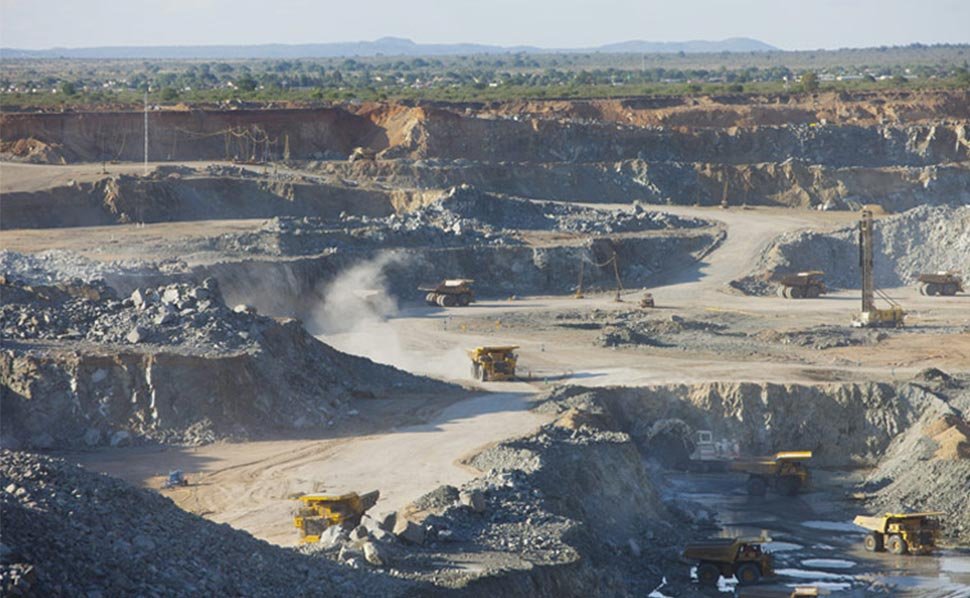Business
New Mining Bill Sparks Industry Backlash Amid Hopes for Reform

South Africa’s new Mineral Resources Bill has ignited strong reactions from key industry stakeholders and political opposition, raising concerns about the country’s ability to attract foreign investment into its mining sector.
The bill, gazetted for public comment by Mineral Resources and Energy Minister Gwede Mantashe last week, aims to reshape the legal framework governing the mining industry. Alongside it, government is also championing a Critical Minerals and Metals Strategy to prioritise mineral production and exploration, particularly in critical minerals such as platinum, manganese, and lithium.
But while government presents the bill as a strategic move to boost exploration and investment, industry voices suggest it could do the opposite.
A “Disaster in the Making”?
James Lorimer, spokesperson on mining for the Democratic Alliance (DA), didn’t mince words, calling the bill “a disaster in the making.” He said it contains vague, contradictory clauses and grants excessive discretionary power to the Minister—something he warns could deter investors.
One of the more controversial provisions is a requirement for ministerial approval in the event of a change of control of any listed company holding a mining license. Another unclear clause involves local beneficiation—requiring certain minerals to be made available for domestic processing—without specifying how or at what cost.
Lorimer warned that the bill could be the final blow to South Africa’s already strained foreign investment case in the mining sector.
Industry’s Voice Overlooked
The Minerals Council South Africa echoed the concerns. CEO Mzila Mthenjane said the bill, as published, “does not reflect inputs” provided by the industry during earlier consultations.
He criticised the exclusion of a proposed exemption for prospecting companies from empowerment requirements. According to Mthenjane, early-stage exploration is capital-intensive and risky, and placing further compliance burdens on prospectors could suppress much-needed investment.
A Divided Outlook
Not everyone is pessimistic, however. Mining law expert Lili Nupen, founder of Johannesburg-based NSDV, believes the bill has the potential to benefit the sector—if implemented effectively.
“The key lies in how consistently and transparently the bill is rolled out,” Nupen said. She highlighted areas like regulatory alignment between mining and environmental permits as opportunities to speed up project approvals and reduce backlogs. Nupen added that the Critical Minerals Strategy provides a clear roadmap for investors by clarifying South Africa’s mineral priorities.
What’s at Stake?
South Africa remains one of the world’s most important mining jurisdictions, rich in platinum, chrome, gold, and emerging battery minerals. The government’s new blueprint identifies platinum, manganese, and iron ore as “high-critical” minerals. Rare earth elements, uranium, and copper are also recognised for their growing strategic value.
However, the success of the bill may ultimately hinge on government’s ability to balance investor confidence with transformation goals. While officials see reform as a gateway to development, critics warn that poorly written legislation and over-centralised power could send the wrong message to global markets.
As the window for public comment on the bill remains open, the coming weeks will reveal whether meaningful revisions will be made—or whether the mining sector will be forced to brace for more turbulence ahead.
{Source: IOL}
Follow Joburg ETC on Facebook, Twitter , TikTok and Instagram
For more News in Johannesburg, visit joburgetc.com



























